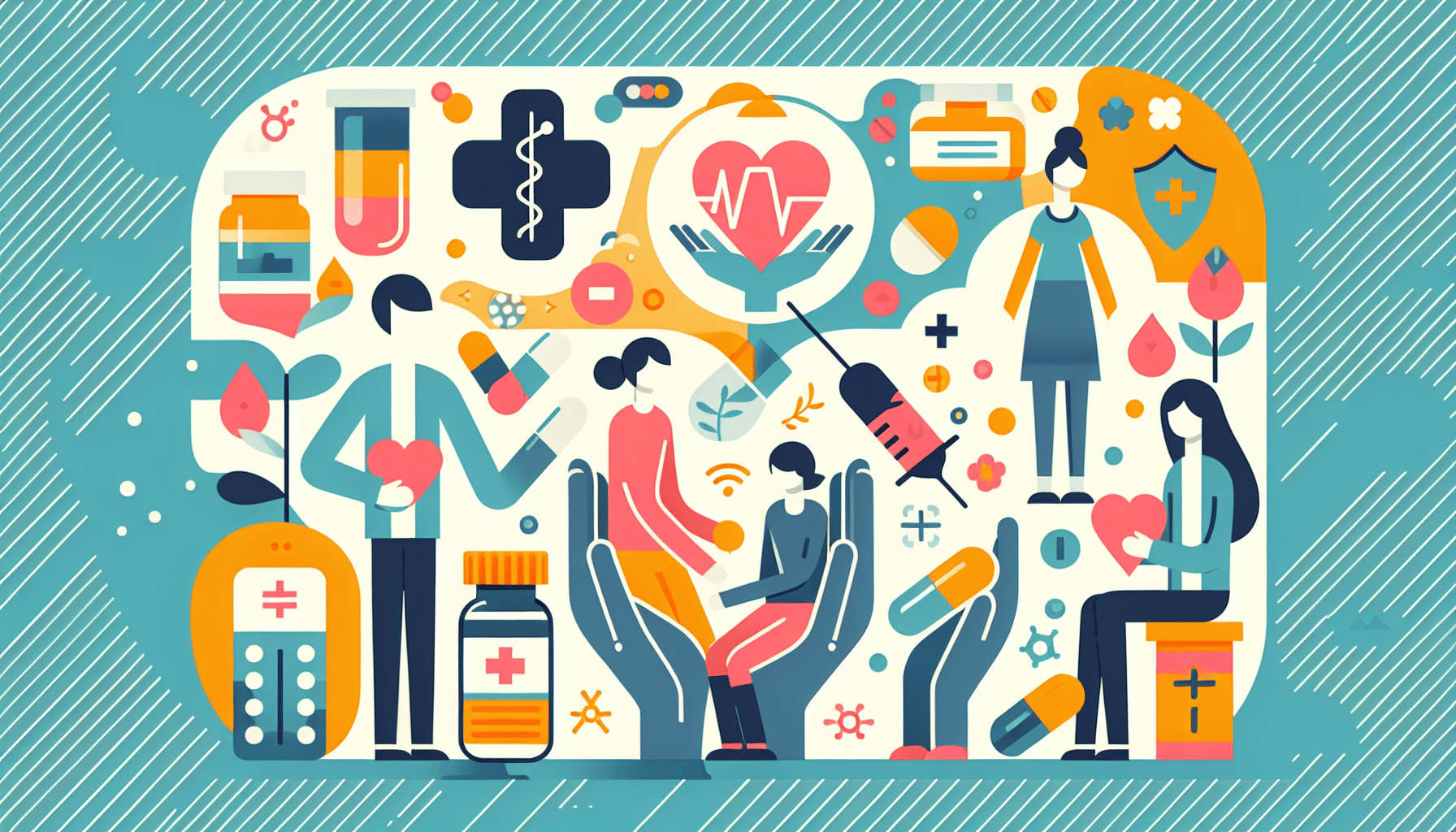Medications are essential for managing health conditions, but sometimes people can have an allergic reaction to them. When you have a drug allergy, your immune system mistakenly identifies a harmless substance as an invader, triggering a response that releases chemicals like histamine. If you suspect you have a drug allergy, it's crucial to inform your doctor so they can find an alternative treatment.
Recognizing the Symptoms of Drug Allergies
Drug allergy symptoms can range from mild to severe and may appear immediately or after several doses. Common symptoms include:
Hives, rash, or itchy skin
Itchy eyes and congestion
Swelling in the mouth and throat
In more severe cases, an allergic reaction called anaphylaxis can occur, which may include:
Anaphylaxis is a life-threatening emergency that requires immediate medical attention.
Distinguishing Between Side Effects and Allergies
It's important to note that not all adverse reactions to drugs are allergies. Side effects are common, especially when starting a new medication. Typical side effects may include:
Nausea and lack of energy
Muscle aches and difficulty sleeping
Coughing and headache
Stomach cramps and changes in bowel movements
Common Drug Allergies
Anyone can be allergic to any drug, including prescription and over-the-counter medications. The most common drug allergies involve:
Penicillin and similar antibiotics
Sulfa drugs and barbiturates
Anti-seizure medications
Pain relievers like aspirin and ibuprofen
ACE inhibitors for blood pressure
Contrast dyes used in imaging tests
Herbal medicines like echinacea
Diagnosing Drug Allergies
To diagnose a drug allergy, your doctor will review your medical history and symptoms. They may perform a skin test for certain antibiotics or order blood tests to check for signs of an allergic reaction. In cases of severe reactions, allergy testing may be skipped in favor of finding alternative medications.
Treating Drug Allergies
Treatment for drug allergies focuses on relieving symptoms. Antihistamines and corticosteroids can help control rash, hives, and itching, while bronchodilators may be prescribed for coughing and lung congestion. In cases of anaphylaxis, an epinephrine shot and emergency medical care are necessary. Desensitization therapy may be an option for some patients with penicillin allergies.
Being Prepared for Allergic Reactions
If you have a known drug allergy, it's essential to memorize the name of the drug (both brand and generic) and inform all your healthcare providers. Carrying a card or wearing a bracelet that identifies your allergy can be helpful in emergencies. Always carry prescribed emergency medications, such as an EpiPen, and know how to use them.
By understanding the symptoms, diagnosis, and treatment of drug allergies, you can work with your doctor to manage your medications safely and be prepared for any potential reactions. Remember, your health is a top priority, and open communication with your healthcare team is key to finding the right treatment plan for you.
For more information on drug allergies, visit:


